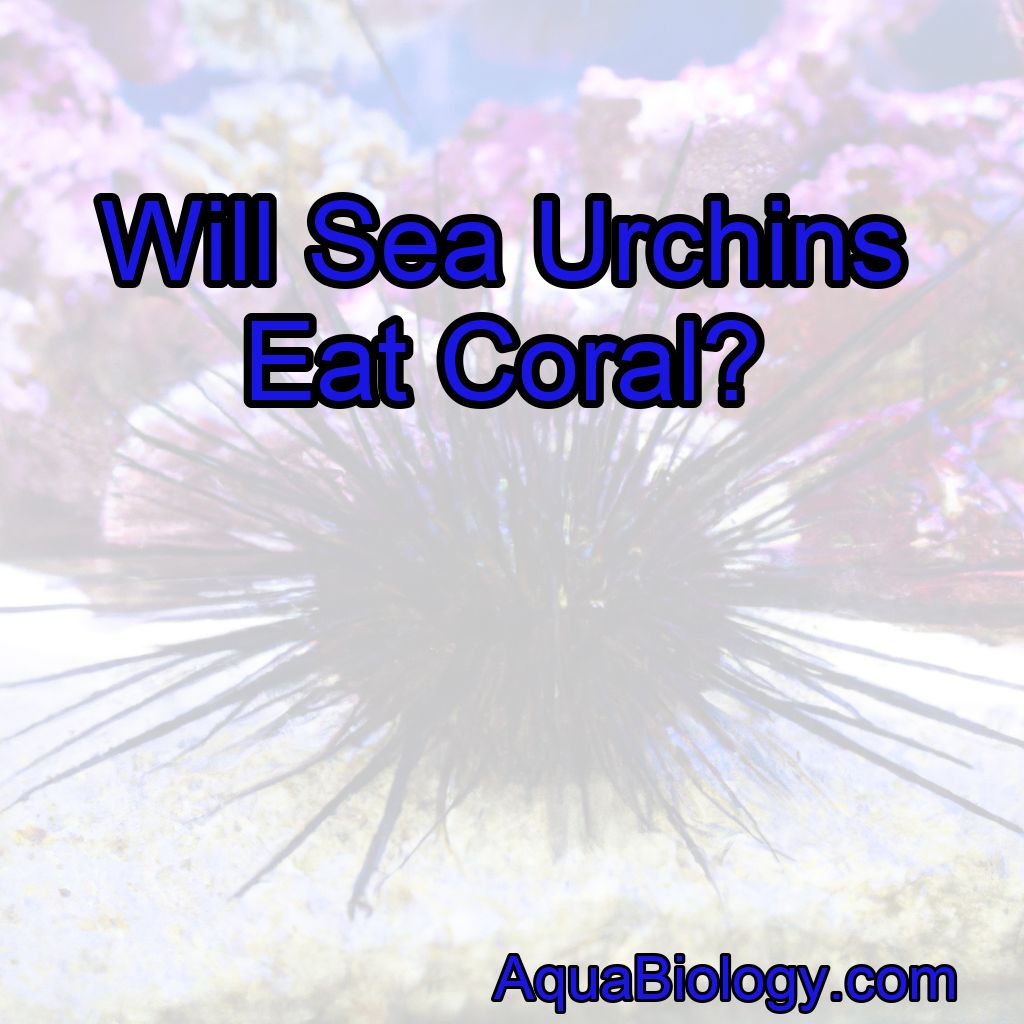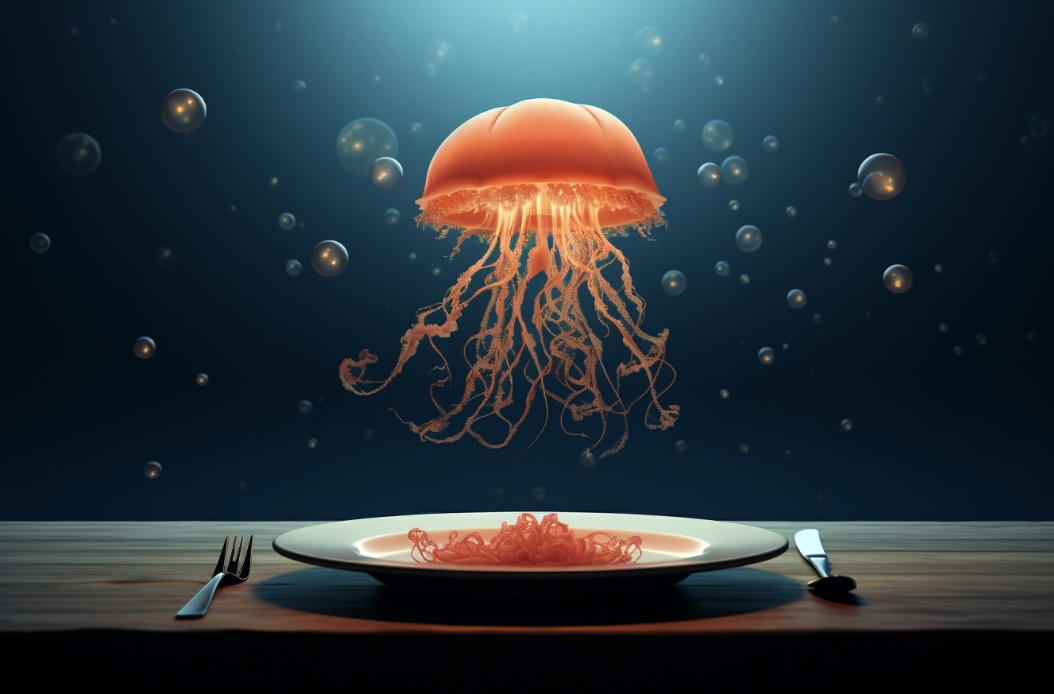As a marine biologist with a deep passion for the ocean and its inhabitants, I have always been fascinated by the intricate relationships between different species. One particular question that often arises is whether sea urchins, those delightful creatures with their spiky exteriors, will devour precious coral reefs.
Yes, sea urchins do eat coral.
Today, I want to delve into this topic and shed some light on the truth behind this common misconception.
The Fascinating World of Sea Urchins
Before we dive into the main question, let’s take a moment to appreciate the beauty and wonder of sea urchins.
These incredible creatures belong to the phylum Echinodermata, which also includes starfish and sea cucumbers.
Sea urchins are known for their spherical shape, covered in a multitude of spines that provide them both protection and a unique appearance.
Sea urchins play an essential ecological role in marine ecosystems.
They are primarily herbivorous, feeding on algae and kelp.
Their spines help them navigate through the rocky seabed while their mouth, known as Aristotle’s lantern, is perfectly adapted for scraping algae off surfaces.
In this way, sea urchins help maintain a healthy balance in the underwater world, preventing excessive algal growth that can smother corals.
The Coral Conundrum
Now, let’s address the burning question: will sea urchins eat coral? The answer is not a simple yes or no.
While sea urchins do not typically seek out and devour coral as their primary food source, certain circumstances can lead to coral consumption. It is important to understand the nuances of these situations to gain a clear perspective.
1. Starvation or Overpopulation
One scenario in which sea urchins may resort to eating coral is when they face starvation due to depleted algae or kelp populations.
When their preferred food sources diminish, sea urchins may resort to consuming whatever is available, including coral polyps.
Similarly, in cases of overpopulation, where there are too many sea urchins competing for limited resources, they may turn to coral as an alternative food source.

2. Coral Bleaching
Another factor that can contribute to sea urchins consuming coral is coral bleaching.
Coral bleaching occurs when coral reefs are subjected to stressful conditions, such as elevated water temperatures or pollution.
This stress causes the coral to expel the symbiotic algae that provide them with nutrients and vibrant colors.
When coral bleaches, it becomes weak and vulnerable, making it more susceptible to predation by sea urchins.
3. Disturbances and Damage
Physical disturbances to the coral reef ecosystem can also lead to sea urchins feeding on coral.
For example, if a storm or other natural event damages a reef, the weakened coral may become an easy target for opportunistic sea urchins.
Furthermore, human activities such as anchor damage or careless snorkeling and diving can disrupt the delicate balance of the reef, making it more susceptible to sea urchin predation.
The Importance of Coral Conservation
While sea urchins may not be the primary threat to coral reefs, it is crucial to recognize the broader picture of coral conservation. Coral reefs are among the most diverse and valuable ecosystems on our planet, providing habitat for countless marine species and protecting coastlines from erosion.
Human-induced factors such as climate change, pollution, and destructive fishing practices pose significant threats to coral reefs worldwide.
As responsible stewards of the oceans, it is our duty to protect and preserve these fragile ecosystems.
By reducing our carbon footprint, advocating for sustainable fishing practices, and supporting marine protected areas, we can help mitigate the impact of these threats and ensure the survival of coral reefs for future generations.
In Conclusion
To sum up, sea urchins do not typically eat coral as their primary food source. However, certain circumstances, such as starvation, overpopulation, coral bleaching, and physical disturbances, can lead to sea urchins consuming coral polyps.
Nevertheless, it is crucial to focus on the bigger picture of coral conservation, as human-induced factors pose a far greater threat to coral reefs than sea urchin predation.
Here are five important facts to remember about sea urchins and coral consumption:
1. Sea urchins are primarily herbivorous, feeding on algae and kelp.
2. Starvation or overpopulation can lead sea urchins to consume coral.
3. Coral bleaching weakens coral and makes it more susceptible to sea urchin predation.
4. Physical disturbances, both natural and human-induced, can also lead to coral consumption by sea urchins.
5. Coral conservation should focus on addressing human-induced threats such as climate change and destructive fishing practices.
By understanding the complex dynamics of marine ecosystems and taking action to protect coral reefs, we can ensure the survival and prosperity of these incredible underwater wonders.




